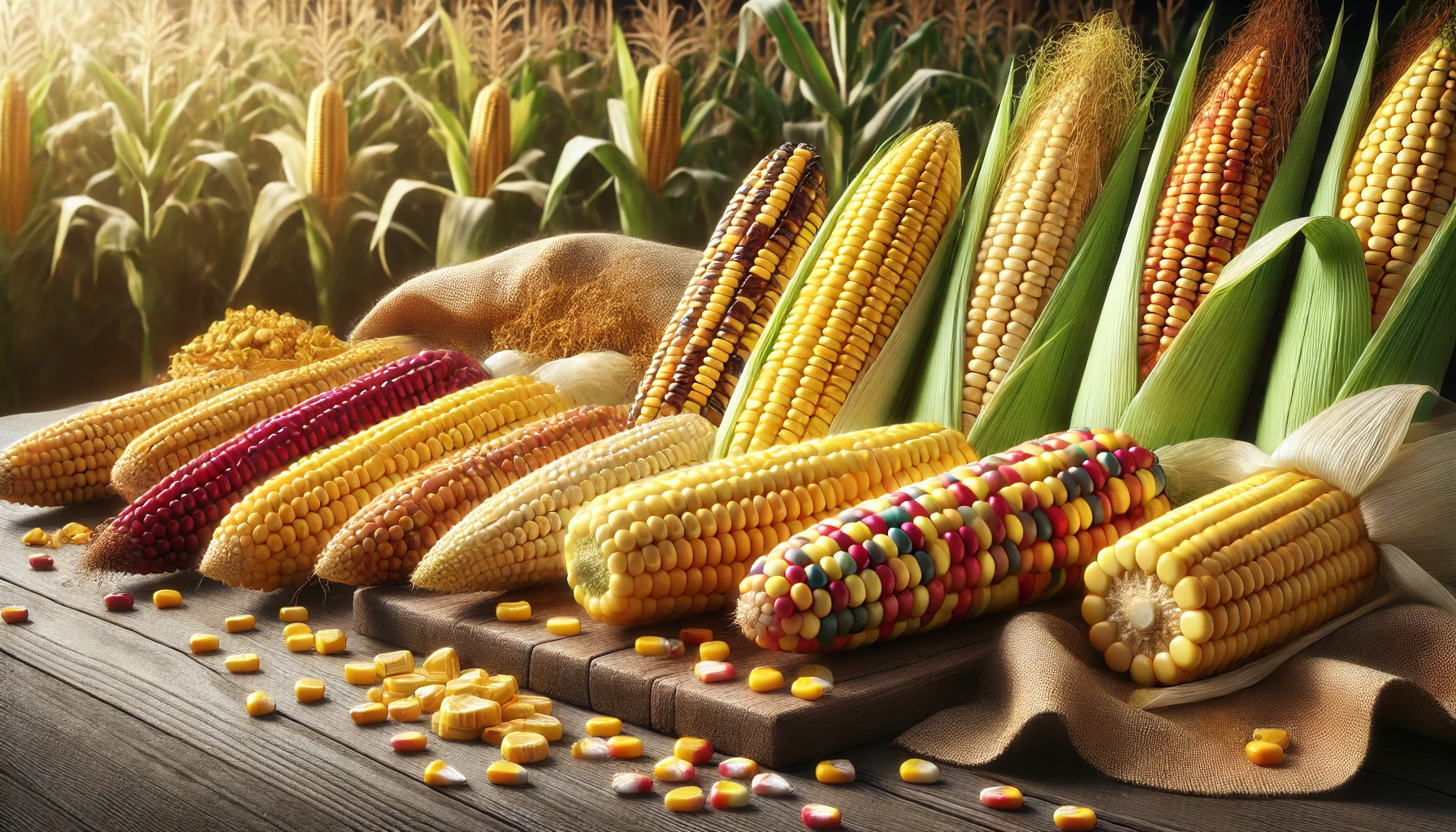Check out this answer from Consensus:
Corn is a versatile and nutritious crop with various benefits for both humans and animals. Its different types and preparation methods offer a wide range of uses, making it a staple in many diets worldwide. However, it is essential to consider the potential risks and manage consumption accordingly to maximize its benefits.
Kinds of Corn
Corn, also known as maize, is a versatile crop with several varieties, each with unique characteristics and uses. The primary types of corn include:
- Yellow Corn: Commonly used in animal feed and processed foods.
- White Corn: Often used in food products like tortillas and chips.
- Sweet Corn: Consumed as a vegetable, known for its high sugar content.
- Black Corn: Rich in anthocyanins, which have antioxidant properties2.
- High Oil Corn: Developed for its higher crude fat content, beneficial in animal feed10.
Nutritional Value
Corn is a significant source of carbohydrates, providing energy for both humans and animals. It also contains essential nutrients such as vitamins, minerals, and fiber. The nutritional value can vary based on the type of corn and its processing:
- Yellow Corn: High in carotenoids, which are beneficial for eye health.
- Black Corn: Contains anthocyanins, which have antioxidant and anti-inflammatory properties2.
- High Oil Corn: Contains higher levels of crude fat and energy, making it valuable in animal diets10.
Benefits
For Humans
- Blood Sugar Management: Corn has a low glycemic index, making it suitable for people with diabetes. Studies have shown that incorporating corn into the diet can help manage blood glucose levels in patients with Type 2 diabetes mellitus1.
- Antioxidant Properties: Black corn, in particular, has been shown to improve antioxidant capacity and reduce inflammation2.
- Nutrient-Rich: Corn is a good source of essential nutrients like zinc and selenium, which are crucial for overall health9.
For Animals
- Growth Performance: Corn is a staple in animal feed due to its high energy content. Studies have shown that different types of corn can influence growth performance and nutrient digestibility in animals like pigs and broilers3 4 5.
- Health Benefits: Replacing traditional corn with alternatives like olive cake meal can improve growth performance and reduce abdominal fat in broilers6.
Risks
- High-Fat Content: While high oil corn is beneficial for energy, excessive consumption can lead to increased fat intake, which may not be suitable for all diets10.
- Anti-Nutritional Factors: Newly harvested corn can contain anti-nutritional factors that may cause digestive issues in animals. However, the use of enzymes and probiotics can mitigate these effects8.
- Allergies: Some individuals may have allergies to corn, which can cause adverse reactions.
Preparation
Corn can be prepared in various ways, depending on its type and intended use:
- Boiling or Steaming: Common methods for preparing sweet corn, which preserve its natural sweetness and nutrients.
- Grinding: Used to produce cornmeal or flour, which can be used in baking and cooking.
- Pelleting and Expanding: Methods used in animal feed to improve nutrient digestibility and feed conversion ratios5.
- Fermentation: Used to produce products like corn ethanol, which has applications in biofuel production6.
